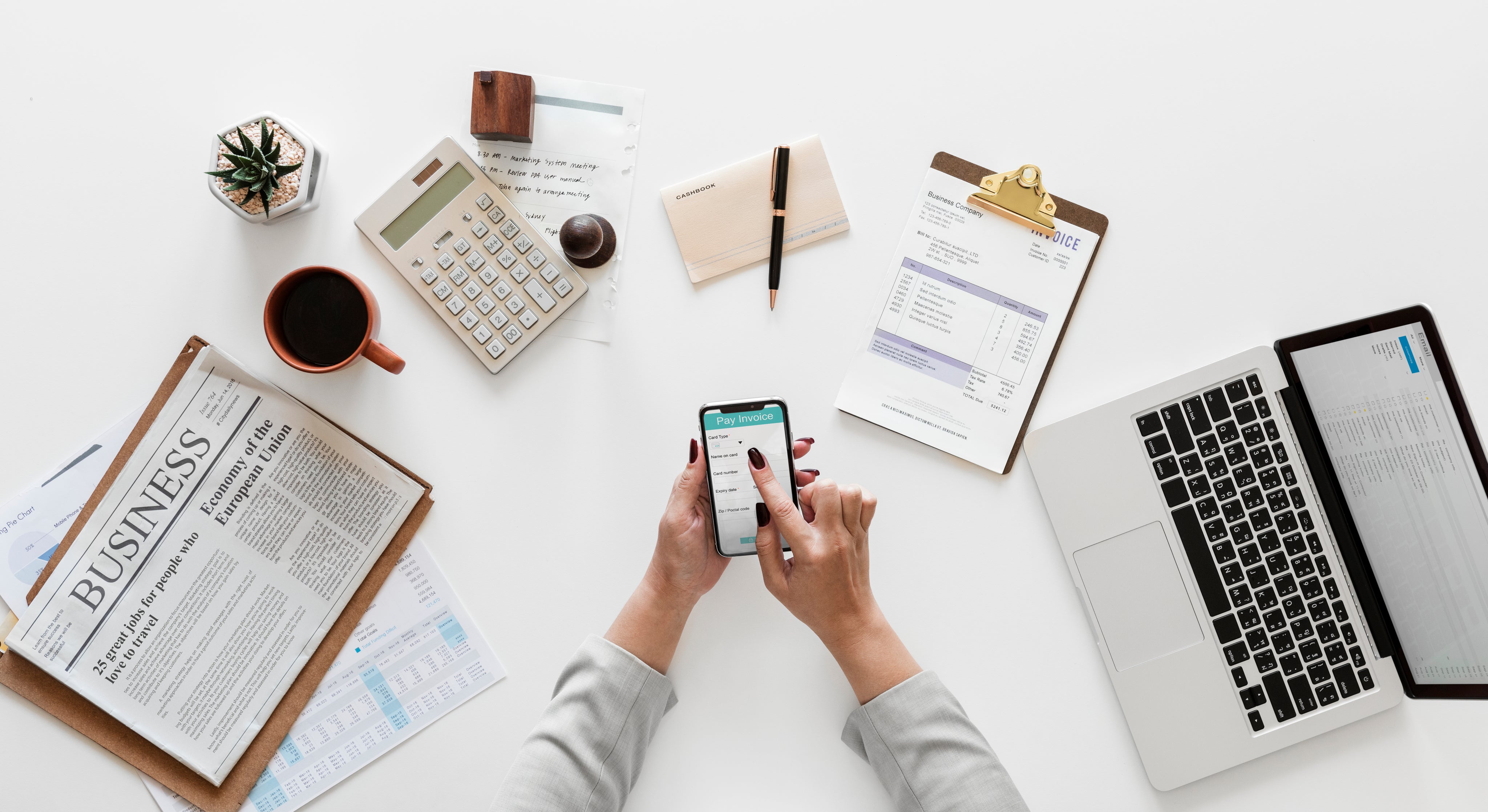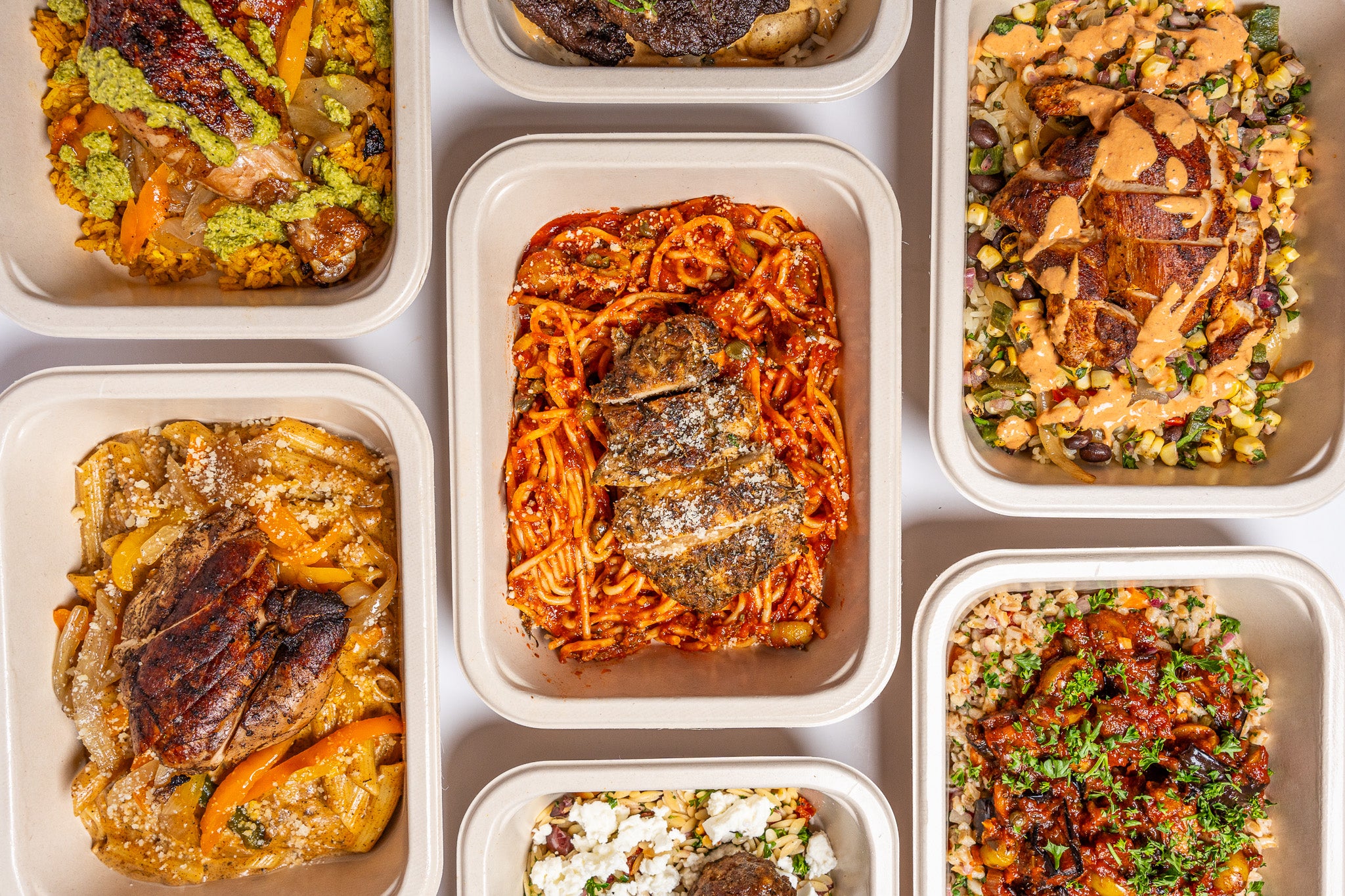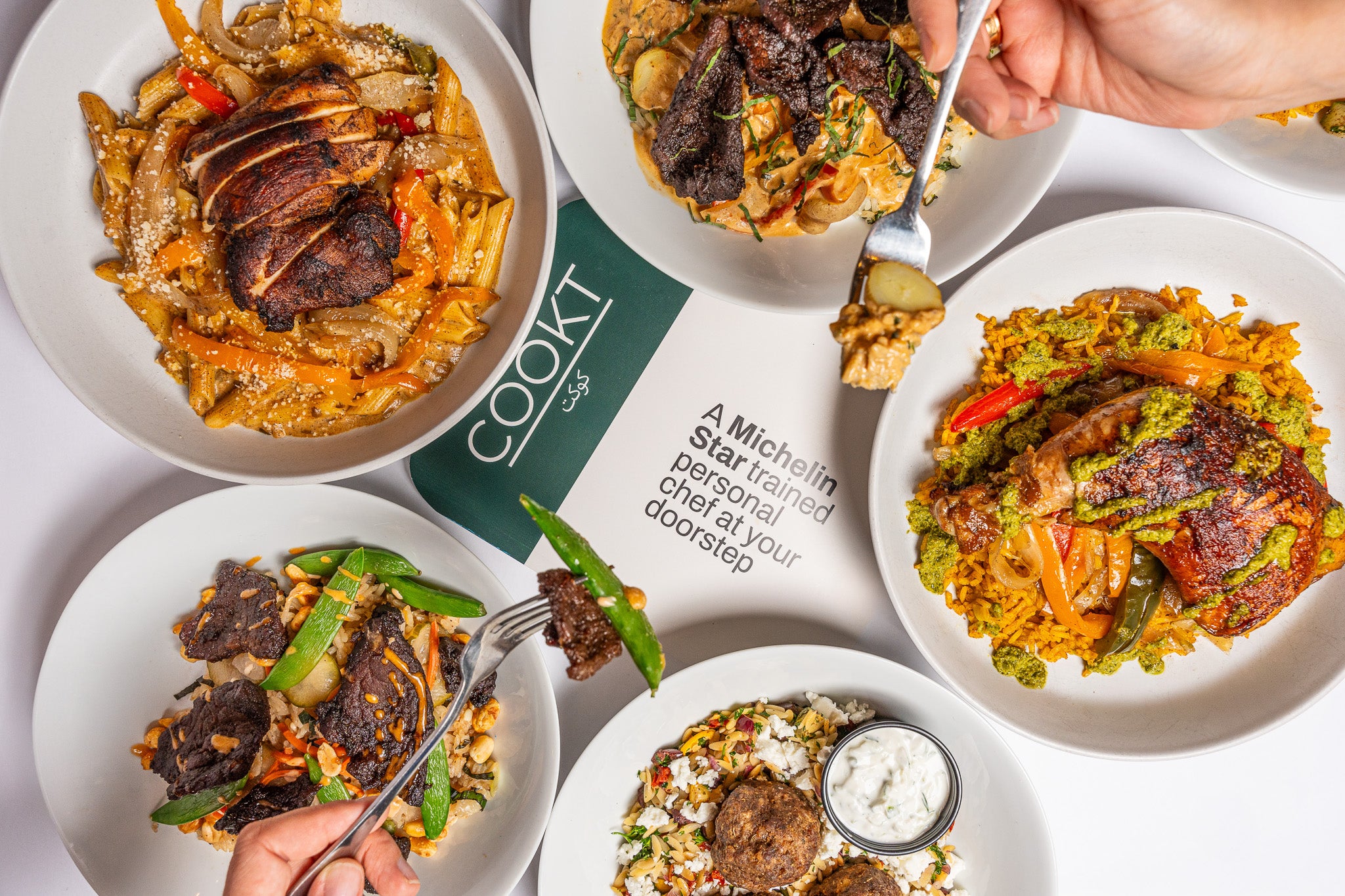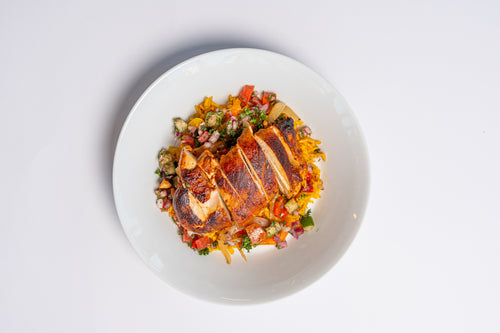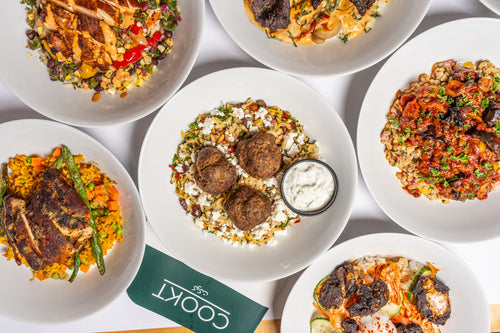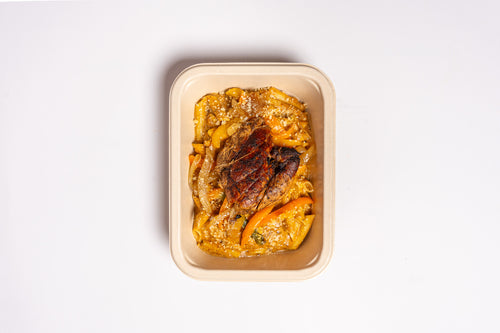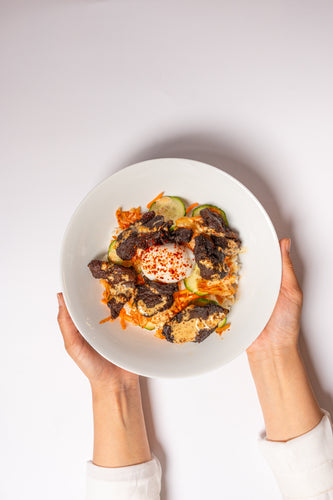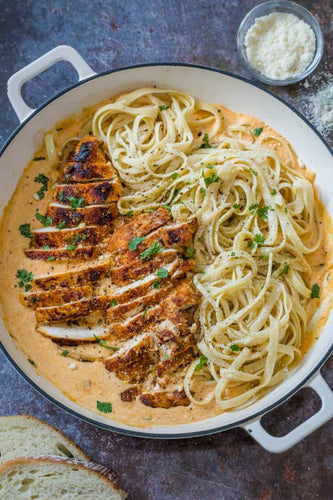
How Technology is Changing the Halal Food Industry in the US
How Technology is Affecting the US Halal Food Industry?
You might not think of halal food when you think of high-tech breakthroughs, but the truth is that technology is quietly changing the way millions of Americans eat, and halal-certified businesses are at the center of this change. Digital platforms are making halal food more accessible, ethical, and tasty than ever before, from making the supply chain clear to delivering gourmet meals. To see how this has changed, let's take a new look at COOKT, a new halal meal delivery service, and see how it fits in with the latest tech trends in the halal food industry.
The Digital Change in Halal Supply Chains
One of the hardest things about the halal industry has always been trust. Historically, consumers needed proof that their food met high religious and moral requirements, which included manual checks, paper certifications, and testers from different areas. But technology is altering everything. Digital supply chain systems that follow meat from the farm to the table are currently used by modern halal providers. You can physically check your chicken's halal certification with a scan thanks to blockchain and RFID tagging. There's no guesswork or confusion.
COOKT uses that trend without saying so. They don't market tech like blockchain on their homepage, but their supply strategy is in line with what current consumers demand in terms of digital traceability. Their "About" website says that they get their meat from "trusted suppliers who meet strict hygiene and ethical standards." It also says that every dish is made in a separate halal-certified kitchen. Digital vendor management makes sure that these criteria are always met behind the scenes.
Gourmet Cooking Meets Sous-vide, Flash-freezing, and Delivery Technology
Technology is also changing halal food by changing how it is cooked and stored. Traditional halal lines might just provide simple grilled foods, but companies like COOKT can make restaurant-quality meals that are just as good as what you would get at a restaurant. They do this utilizing sous-vide machines, flash-freezing, and precise temperature controls.
For example, COOKT's Honey Harissa Chicken Bowl, Mexican Charred Chicken Thighs, and Jamaican Rasta Pasta are all cooked sous-vide and then flame-charred for taste. This level of precision is only feasible in kitchens with technology. Their meals are completely cooked, vacuum-sealed, and ready to heat up in a few minutes. This makes the dining experience easier for clients who want gourmet halal without having to do any prep work.
Then, flash-freezing or cold-chain packaging keeps the taste and nutrition during delivery. Customers get fresh, chef-made halal meals that are always hot or cool when they need them, just on time, thanks to route-optimization algorithms and real-time tracking. It's not just food; it's a modern tech-powered cooking experience.
Subscription Platforms and Personalized Nutrition
Let's be honest: preparing meals takes a lot of time. Subscription services that learn your preferences are making things easier for halal customers thanks to technology. The website for COOKT says, "Choose a plan and let us take care of the rest." This shows how they are merging personal chef services into subscriptions that are handled online.
You can choose from categories like world flavors, hand-crafted salads, or low-carb gourmet bowls. Nutritional database tools make it feasible to get detailed macros—calories, proteins, lipids, and carbs—for each meal. The platform changes to fit your tastes as you pause, skip, or reorder using their online portal. It's meal customization based on data, which is exactly what health-conscious halal eaters want in 2025.
Transparency Through Social and Community Engagement
Tech is helping halal food manufacturers interact with customers on a deeper level than just through supply chains and logistics. COOKT uses Facebook and Instagram not only to promote the business, but also to show the people behind it. Posts show the founders, flicks from the kitchen, food prep times, and even updates on local deliveries.
This openness in the digital world helps people trust one other and develop community. People that follow COOKT know that they don't just put a halal label on their food; they deliver on quality, taste, and ethics every week. In an industry where certification might seem vague, social media storytelling makes the rules real. It's halal culture in pictures and videos.
Data-Driven Menu Innovation
Chefs used to have to rely on their gut feelings and taste tests to decide what to put on the menu. Now, analytics enable halal services come up with new ideas in a smarter way. Every week, COOKT changes out 6 to 10 different recipes, using tastes from around the world, such as Thai, Peruvian, Mediterranean, Korean, Nigerian, and more. Machine learning algorithms use data on client interactions, reorder rates, and dietary preferences to help decide what's next on the menu.
The result? Protein bowls, low-carb salads, and cosmopolitan variations are some of the dishes that fit both halal rules and modern preferences. It's halal food that has been improved by algorithms.
Smart Kitchens and Efficiency Gains
Smart technology is spreading to commercial kitchens. Automated cooking schedules, inventory alerts, and sensor-driven heat management all make manufacturing easier without hurting halal integrity. COOKT’s kitchen is described as “dedicated halal-certified,” staffed by Michelin-trained chefs, meaning they can deploy tech safely without risking cross-contamination.
Data powers the kitchen behind every Blackened Chicken Pasta or Honey Harissa Bowl, determining how many of each dish to prepare, whether to flame-char versus sous-vide, and what to emphasize or pause for the following week. It's no longer a goal to be efficient and consistent; it's built in.
In Summary
Technology is changing more than just how food is delivered; it's also changing what halal means in the United States. Modern halal isn't just religiously correct; it also has things like digital traceability that make the supply chain more transparent, chef-level dishes made with sous-vide precision, and subscription platforms that can be tailored to any taste or purpose. It's high-end, moral, health-conscious, and tech-savvy.
This change is shown by COOKT. It was created because there was a demand for more halal food choices, and it was built by Michelin-trained chefs. It is a case study of how technology can help halal food. Their progress into new distribution areas based on data and subscriber demand shows how technology can help businesses grow in useful ways.
As this mix of faith, food, and technology grows, halal will become more than just a niche label. It will be a sign of quality, ethics, and new ideas. The tech-powered future of halal has something for everyone, whether you follow the halal diet or just like fine food. It delivers ease, taste, transparency, and influence.

